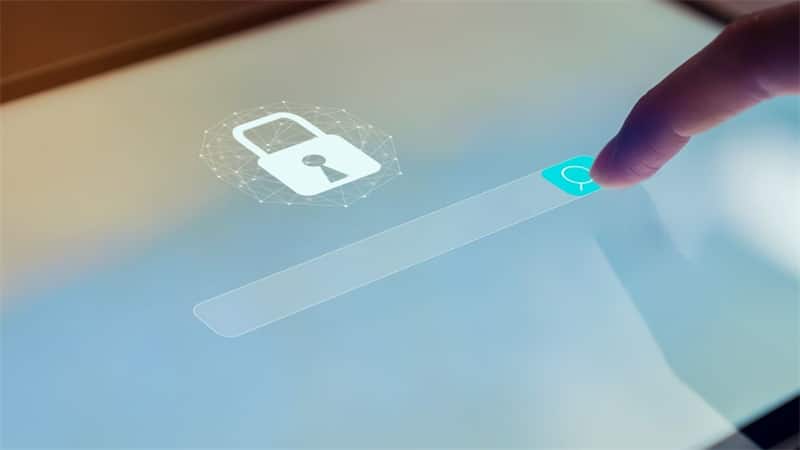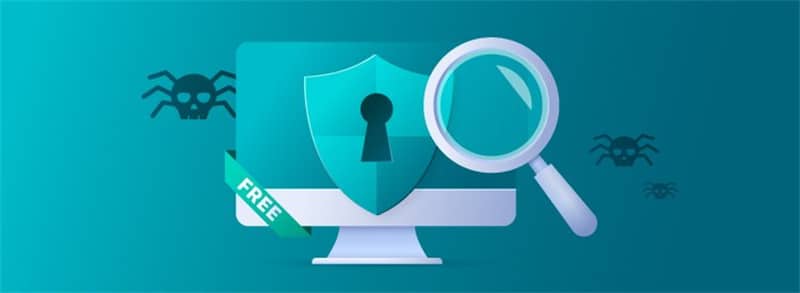
The internet is a vast and ever-changing landscape. With so many opportunities, it can be hard to know where to start or what to do when navigating the virtual world. In this article, we will review tips and tricks that will help you safely navigate the online space from day one!
Antivirus Software

It may seem like common sense, but it is important to have antivirus software installed on your computer. There are many options out there, so be sure to research and find one that works best for you. Many antivirus companies offer a free trial period, so feel free to try them all until you find the right fit.
When you think of protecting your Windows device from hackers, what's the first thing that comes to mind? Most people would say an antivirus. While this is a good way to protect yourself from viruses and malware, there are other ways you can get hacked on your Windows device if you don't know how to navigate safely through online space.
One of the best tools for keeping hackers at bay is by using virtual private networks (VPNs). VPNs work by rerouting all of your public internet traffic through their servers, so it looks like everything is coming from them instead of your actual IP address.
This makes it much harder for anyone trying to gain access to your computer or steal information without permission because they will not be able to see any personally identifiable details about you!
Be careful when using social media and apps
There are many social media and other apps that can be fun to use, but it's important to take precautions when using these sites. Never post pictures of yourself without the use of a secure service such as Snapchat or Instagram stories. These services allow you to upload photos and videos for only a few seconds before they disappear.
This adds an extra layer of protection against screenshots being taken by friends or strangers who may want access to your personal information. While we're on the topic, never share anything over any type of chat application unless you know exactly who is receiving it.
Monitor what you post on the internet

It's important to always think about the type of content you post online. Keep in mind that what you share with others may stay there forever. This can cause a lot of trouble if it falls into unfriendly hands, so be mindful when making posts on social media or other public forums.
While you monitor what you post online, it’s also important to monitor what others are posting about you. If someone is representing themselves in a way that you do not feel comfortable with or does not reflect your beliefs, contact them directly and ask them to stop.
Beware of cyberbullying and sexting
It may seem like a joke or a simple prank, but cyberbullying can be very serious. Cyberbullying is the act of using information technology to harass another person in an aggressive way. It's most commonly seen with teenagers and happens through social media posts, texts, emails, instant messaging services, and more.
Sexting occurs when someone sends sexually explicit images via email or text message. This creates problems for both sender and receiver because if the image falls into the wrong hands it could lead to criminal charges such as possession of child pornography.
Don't share any pictures or videos that could be embarrassing to you later on in life

It's important to never share anything that could be potentially embarrassing or incriminating in the future. Even if you trust a friend with your secret, it can still easily fall into the hands of someone else who may not have good intentions.
If you are ever in doubt as to whether something should stay within a closed circle of friends, don't take any chances! It's better to avoid sharing content than face extreme consequences later on down the line.
If something doesn't feel right, it probably isn't, trust your instincts
If you find yourself in an uncomfortable situation or think someone may not have good intentions, remove yourself from the environment and make a report. This can be done by contacting your local police department directly if it is within their jurisdiction. Additionally, there are many self-help websites such as Cyber angels that provide useful information for those who believe they might be at risk online.
On the other side of things, if you find someone is harassing or threatening you online, it's important to keep records of any evidence. A screenshot can be a quick and easy way to save information such as the original post, which may not always stay on the website itself.
Protect yourself from hackers and other online dangers by following these tips and tricks when navigating online space! While there is no way for 100% security against all threats, taking steps such as creating strong passwords will ensure that even if you become a target of identity theft or some other form of internet crime, you will be able to manage the situation as best you can.










